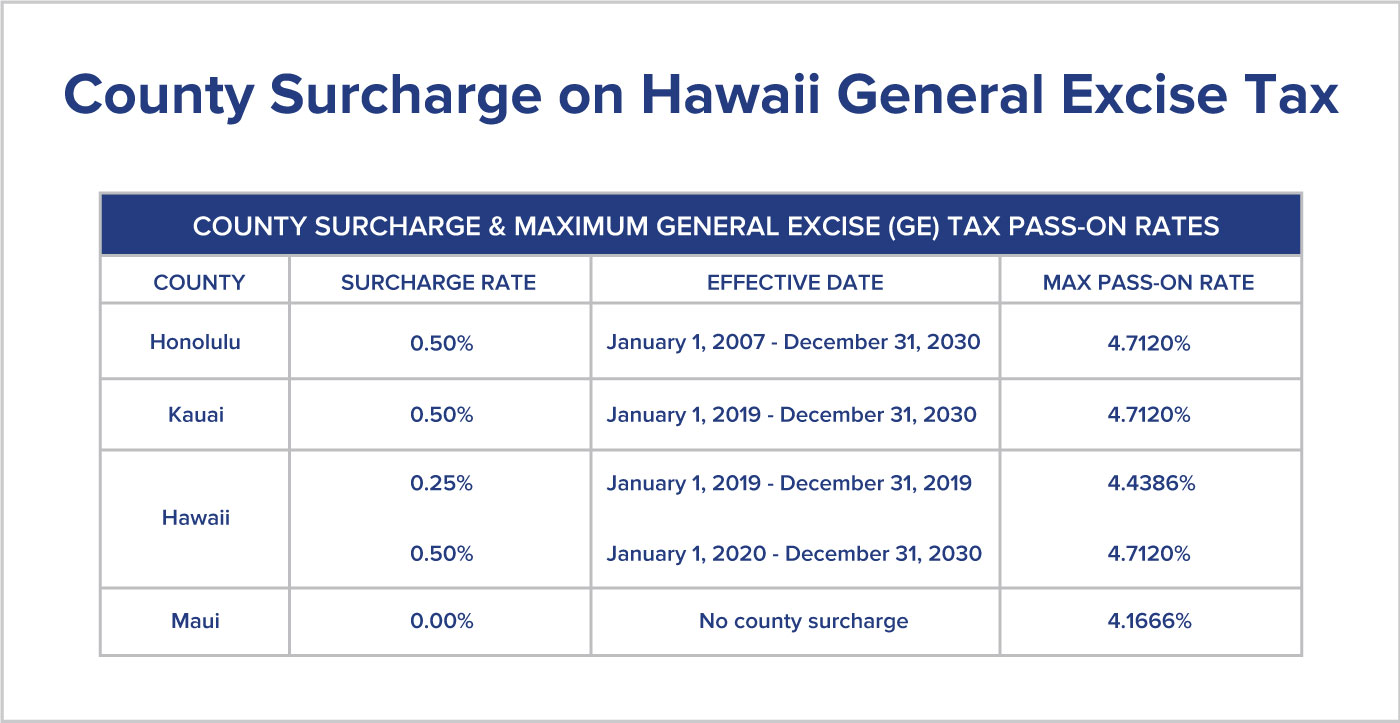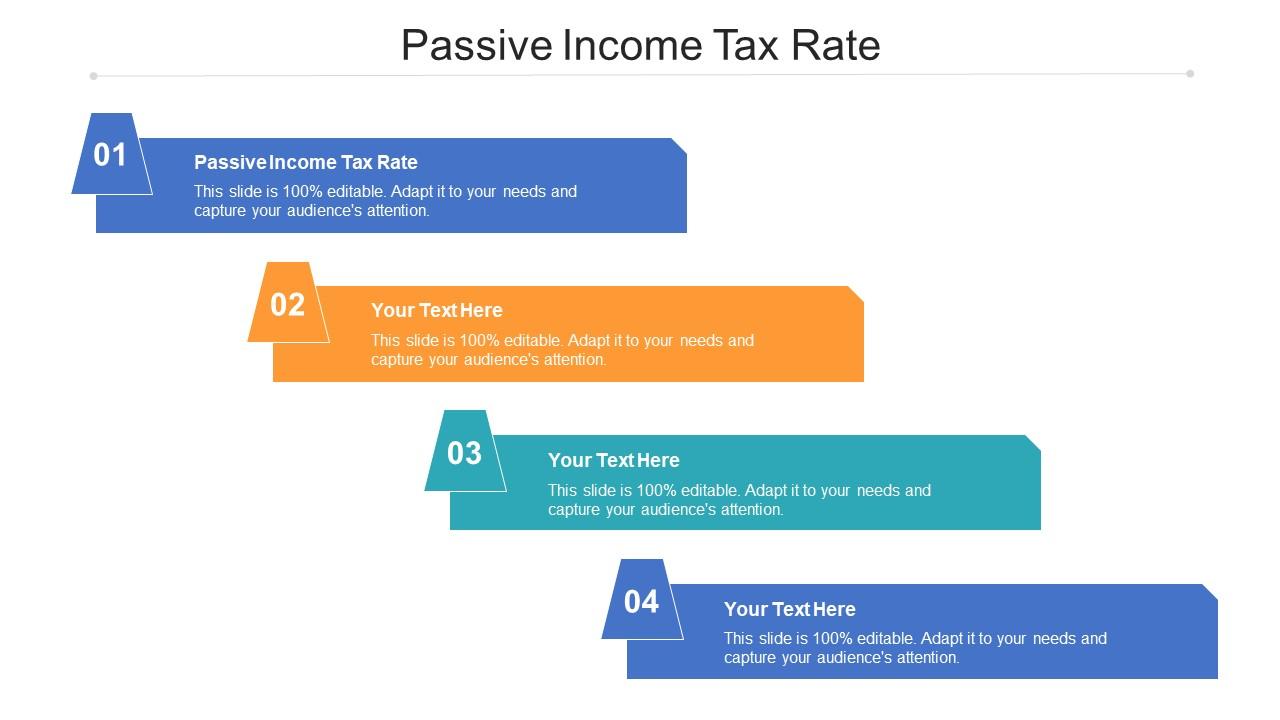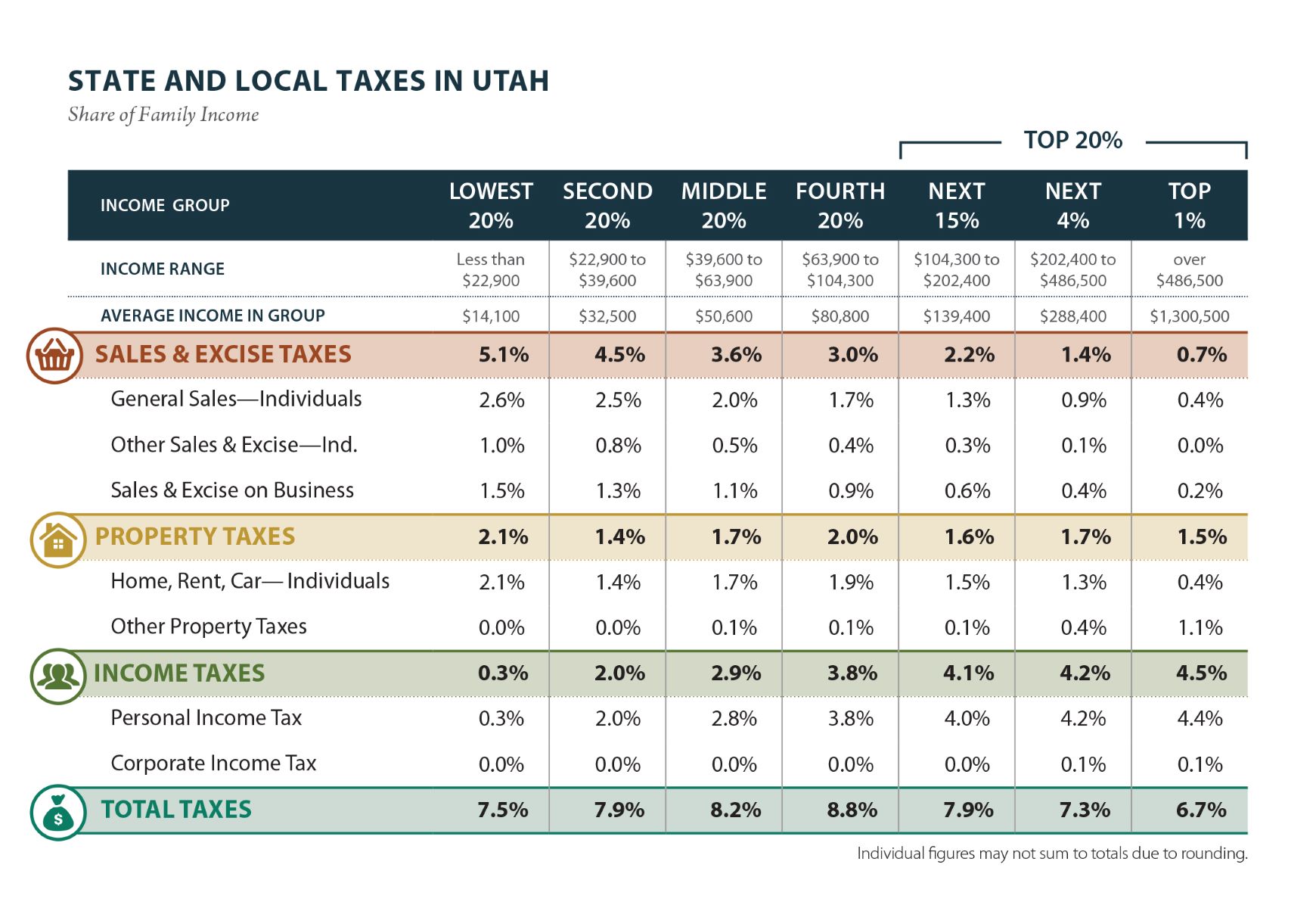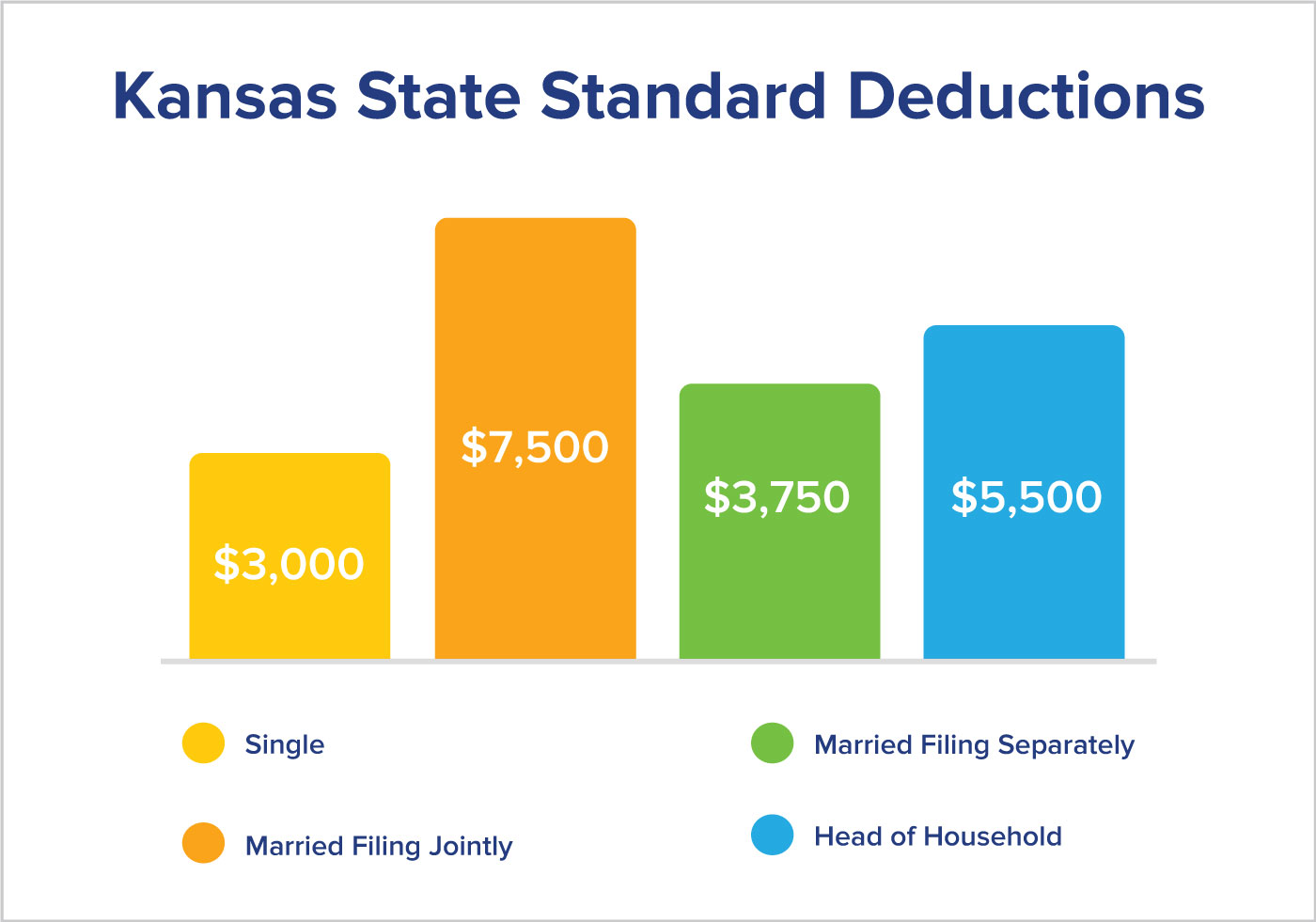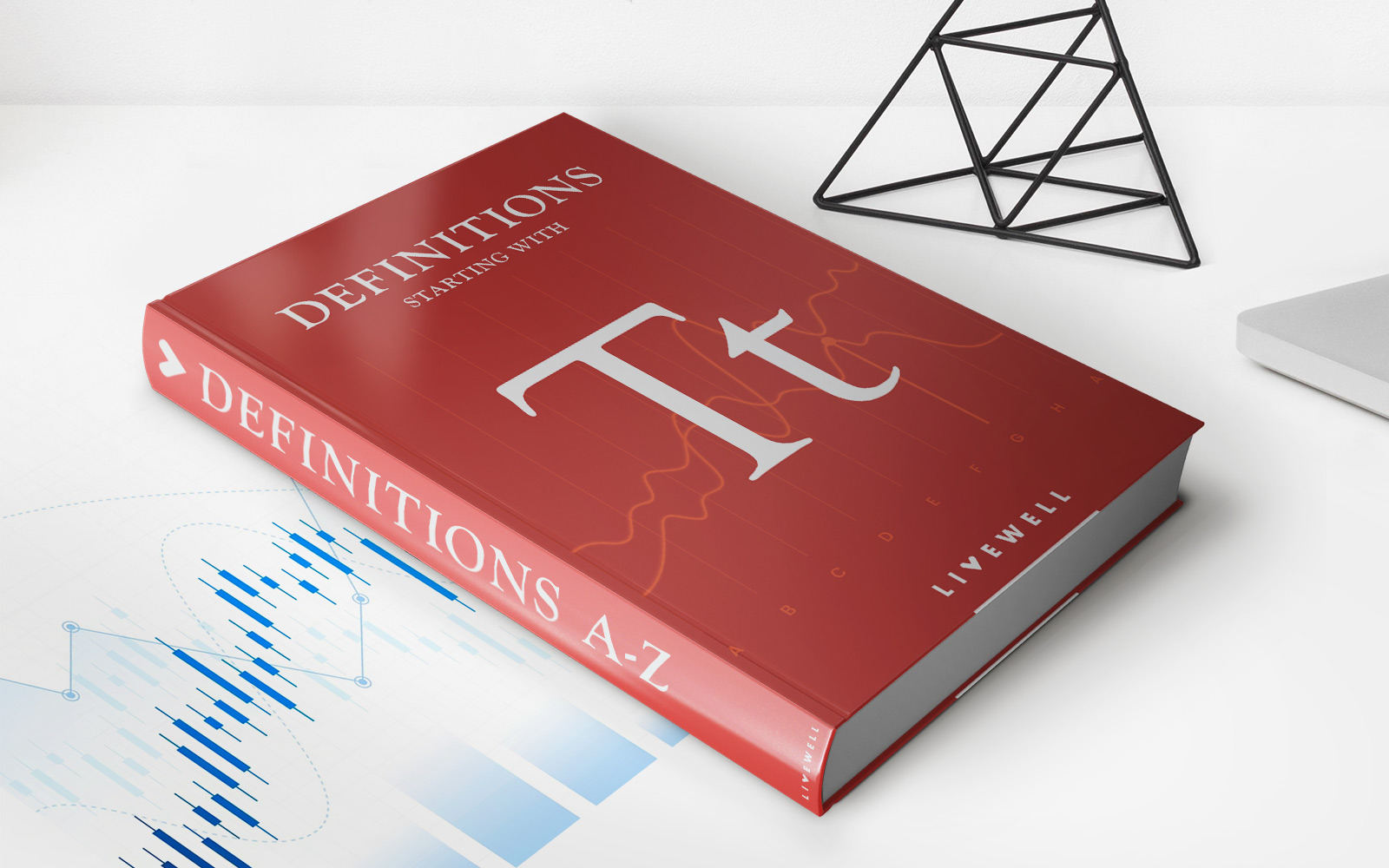

Finance
What Is Louisiana Income Tax Rate
Published: November 2, 2023
Learn about the income tax rates in Louisiana, a key aspect of personal finance. Find out how the state taxes individuals and discover strategies for managing your finances effectively.
(Many of the links in this article redirect to a specific reviewed product. Your purchase of these products through affiliate links helps to generate commission for LiveWell, at no extra cost. Learn more)
Table of Contents
Introduction
Welcome to our comprehensive guide on Louisiana income tax rates. Understanding the intricacies of state income tax can be challenging, but it is essential to have a clear understanding of the tax system to effectively manage your finances.
In Louisiana, income tax is one of the primary sources of revenue for the state government. The funds collected through income tax are used to support various public services and initiatives, including education, healthcare, infrastructure development, and social welfare programs.
Whether you are a Louisiana resident or a non-resident with taxable income in the state, it is crucial to understand how the income tax system works and how it will impact your financial situation. This guide will provide you with an in-depth understanding of Louisiana income tax rates, how to compute your tax liability, available tax credits, and the process for filing your income tax returns.
By navigating through this comprehensive guide, you will gain the knowledge and tools necessary to make informed decisions, maximize your tax deductions, and ensure compliance with Louisiana tax laws.
So, let’s dive in and explore everything you need to know about Louisiana income tax rates.
Understanding Louisiana Income Tax
Income tax is a progressive tax system in which individuals and businesses pay taxes based on their income. In Louisiana, the income tax is divided into several brackets, with increasing tax rates for higher levels of income.
It is important to note that only individuals and businesses who meet certain income thresholds are required to pay Louisiana income tax. These thresholds can vary depending on filing status, such as single, married filing jointly, or head of household.
Louisiana follows federal guidelines when determining taxable income, which includes income from various sources, such as wages, self-employment income, rental income, dividends, and interest. However, there are certain exclusions and deductions available that can help reduce your taxable income.
One unique aspect of Louisiana income tax is the inclusion of a deduction for federal income taxes paid. This means that individuals can deduct their federal income taxes paid from their Louisiana taxable income. Additionally, some deductions specific to Louisiana, such as contributions to the Louisiana College Savings Plan, are available to further reduce your tax liability.
Understanding the nuances of the Louisiana income tax system can be complex, especially when it comes to determining what is considered taxable income and what deductions are available. Consulting with a tax professional or utilizing tax preparation software can help ensure accuracy and maximize your tax savings.
Now that we have a general understanding of Louisiana income tax, let’s take a closer look at the income tax rates and how they are applied to different income levels.
Louisiana Income Tax Rates
Louisiana income tax rates are progressive, meaning that higher-income taxpayers are subject to higher tax rates. The state uses a tiered system with multiple tax brackets to determine the applicable rate for each taxpayer.
As of the 2021 tax year, Louisiana has three income tax brackets:
- 2% on the first $12,500 of taxable income
- 4% on taxable income between $12,501 and $50,000
- 6% on taxable income over $50,000
It is important to note that these tax rates are applied to your taxable income after deductions and exemptions. Additionally, there may be additional local taxes imposed by specific parishes or municipalities.
For example, if your taxable income is $40,000, you would owe 2% on the first $12,500 and 4% on the remaining $27,500. This would result in a total tax liability of $1450.
It’s crucial to review the tax brackets each year, as they may be subject to change. Staying informed about any updates or adjustments to the tax rates will help you plan accordingly and estimate your tax liability accurately.
Keep in mind that there may be certain deductions and credits available that can reduce your overall tax burden. We will explore these in more detail in the upcoming sections.
Now that we understand the tax rates, let’s move on to understanding how to compute your Louisiana income tax.
Computing Louisiana Income Tax
Computing your Louisiana income tax involves calculating your taxable income and applying the appropriate tax rates to determine your tax liability. Here is a step-by-step guide to help you navigate the process:
- Determine your gross income: Start by calculating your total income from all sources, such as wages, self-employment income, rental income, and investments. This is your gross income before any deductions or exemptions.
- Calculate your taxable income: Once you have your gross income, you can deduct any applicable exemptions and deductions to arrive at your taxable income. Common deductions include federal income tax paid, deductions for certain retirement contributions, and certain education expenses.
- Identify your tax bracket: With your taxable income determined, check which tax bracket you fall into based on the Louisiana income tax rates. Apply the corresponding tax rate to the taxable income within that bracket.
- Calculate your tax liability: Multiply each portion of your taxable income by the applicable tax rate, and sum up the results. This will give you your total Louisiana income tax liability.
- Consider additional tax credits: Louisiana offers various tax credits that can further reduce your tax liability. These credits include the Earned Income Credit, the School Readiness Tax Credits, and the Child Care Assistance Credit. Make sure to check if you qualify for any of these credits to potentially lower your tax bill.
- Review and file your tax return: Double-check your calculations and ensure the accuracy of your figures. Once you are confident in the accuracy of your Louisiana income tax computation, file your tax return by the required deadline.
Remember, computing your Louisiana income tax can be complex, especially if you have multiple sources of income and various deductions. If you are unsure about any part of the process, it is advisable to consult with a tax professional or use tax preparation software to ensure accuracy and minimize errors.
Now that we have covered how to compute your Louisiana income tax, let’s explore the tax credits available in the state.
Louisiana Tax Credits
In addition to the income tax deductions and exemptions, Louisiana offers several tax credits that can significantly reduce your overall tax liability. These credits are designed to incentivize certain behaviors, such as investing in education, supporting economic development, or promoting renewable energy initiatives. Here are some of the notable tax credits available in Louisiana:
- Earned Income Credit (EIC): The EIC is a refundable credit available to low-income individuals and families. It is designed to provide financial assistance and alleviate poverty. The amount of the credit is based on your income and the number of qualifying children you have.
- School Readiness Tax Credits: Louisiana provides tax credits for certain expenses related to early childhood education. These credits include the Child Care Credit, the School Readiness Credit, and the School Readiness Project Credit. These credits can help offset the costs of childcare and early education programs.
- Angel Investor Tax Credit: This credit aims to promote investment in early-stage businesses in Louisiana. Investors who provide funding to qualified businesses can claim a tax credit equal to a percentage of their investment, stimulating economic growth and job creation in the state.
- Solar Energy System Tax Credit: Louisiana residents who install qualified solar energy systems on their property can claim a tax credit equal to a percentage of the cost of the system. This credit encourages the use of renewable energy sources and helps reduce reliance on traditional energy sources.
- Research and Development Tax Credit: Louisiana offers a tax credit for businesses that engage in qualified research and development activities within the state. This credit encourages innovation and supports technological advancements in various industries.
These are just a few examples of the tax credits available in Louisiana. It is important to note that each credit has specific eligibility requirements and limitations. Before claiming any tax credit, it is recommended to review the official guidelines and consult with a tax professional to ensure eligibility and maximize your tax savings.
Now that we have explored the available tax credits, let’s move on to the process of filing your Louisiana income tax return.
Filing Louisiana Income Tax
When it comes to filing your Louisiana income tax return, there are several options available to ensure you meet your tax obligations accurately and in a timely manner.
1. Online Filing: The most convenient and efficient method of filing your Louisiana income tax return is through the Louisiana Department of Revenue’s online portal. You can electronically file your return, which offers the advantage of faster processing, immediate confirmation, and the ability to track the status of your return.
2. Paper Filing: If you prefer a more traditional approach, you can opt to file a paper tax return. You can download the necessary forms from the official website of the Louisiana Department of Revenue, complete them manually, and mail them to the specified address. Keep in mind that paper filing may take longer for processing, and you won’t have the convenience of immediate confirmation.
3. Utilize Tax Preparation Software: Another option to consider is using tax preparation software. These programs can streamline the filing process and guide you through each step, ensuring that you accurately fill out the necessary forms and take advantage of all eligible deductions and credits. Most tax software options will also offer electronic filing options.
Before you begin filing your Louisiana income tax return, it’s essential to gather all the necessary documentation, including your W-2s, 1099 forms, and other financial records. Additionally, make sure to review your completed return carefully for accuracy and completeness.
The deadline for filing Louisiana income tax returns generally aligns with the federal tax deadline, which is April 15th. However, if this date falls on a weekend or holiday, the deadline may be extended to the next business day. It’s crucial to file your return on time to avoid penalties and interest charges.
If you are unable to file your return by the deadline, you have the option to request an extension. Louisiana allows for an automatic six-month extension, giving you additional time to file your return. However, it’s important to note that an extension grants you more time to file, not to pay any taxes owed. Failure to pay any tax due by the original deadline may result in penalties and interest charges.
Now that we have covered the filing options and deadlines, let’s address some common questions about Louisiana income tax.
Common Questions about Louisiana Income Tax
As you navigate the world of Louisiana income tax, you may come across some common questions. Let’s address a few of them to provide clarity and help you better understand the tax system:
1. Do I have to file a Louisiana income tax return?
If you are a Louisiana resident and have income that exceeds the state’s filing threshold, you are generally required to file a Louisiana income tax return. Non-residents who have Louisiana-source income may also have an obligation to file a return.
2. Can I deduct my federal income taxes paid on my Louisiana tax return?
Yes, Louisiana allows for a deduction of federal income taxes paid on your state return. This deduction can help reduce your taxable income and potentially lower your tax liability.
3. Are there any tax credits available for education expenses?
Yes, Louisiana offers several tax credits related to education expenses. These include the Nonpublic School Tuition Credit, the Student Individual Retirement Account Contribution Credit, and the K-12 Education Expense Credit. These credits can help offset the cost of education for yourself or your dependents.
4. Can I e-file my Louisiana income tax return?
Yes, Louisiana provides an online portal where you can electronically file your state income tax return. E-filing is generally the fastest and most convenient method, offering immediate confirmation and faster processing.
5. What happens if I cannot pay my tax bill in full?
If you are unable to pay your tax bill in full, it’s still essential to file your return by the deadline. You can then set up a payment plan with the Louisiana Department of Revenue to pay off your tax liability in installments. Keep in mind that interest and penalties may apply to any outstanding balance.
6. Are there any tax deductions or credits available for small businesses?
Yes, Louisiana offers various tax incentives and credits for small businesses. These include the Small Business Employee Wage Credit, the Enterprise Zone Program, and the Research and Development Tax Credit. These incentives aim to support and promote small business growth and innovation in the state.
Remember, it’s always a good idea to consult with a tax professional or refer to the official resources provided by the Louisiana Department of Revenue for specific questions and guidance tailored to your unique circumstances.
Now that we have addressed some common questions, let’s wrap up our comprehensive guide to Louisiana income tax.
Conclusion
Congratulations! You have now reached the end of our comprehensive guide to Louisiana income tax rates. We hope that this article has provided you with valuable insights and clarity regarding the state’s income tax system.
Understanding how Louisiana income tax works is crucial for managing your finances effectively, ensuring compliance with tax laws, and maximizing your tax savings. By familiarizing yourself with the tax rates, computing your tax liability accurately, and taking advantage of available deductions and credits, you can optimize your tax situation.
Remember, while this guide offers a solid foundation, tax laws can change, and individual circumstances may vary. It’s always advisable to consult with a tax professional or refer to the official resources of the Louisiana Department of Revenue for personalized advice and up-to-date information.
As you navigate your way through the Louisiana income tax system, be sure to keep detailed records, make use of tax preparation resources, and stay informed about any updates or changes that may affect your tax obligations.
We hope this guide has empowered you with the knowledge and tools necessary to navigate the world of Louisiana income tax with confidence. By understanding the tax rates, computing your tax liability accurately, and taking advantage of available deductions and credits, you can navigate the tax season with ease.
Remember, tax compliance is an important aspect of managing your personal and business finances responsibly. By staying informed and taking proactive steps, you can optimize your tax position and achieve your financial goals.
Thank you for reading our guide on Louisiana income tax rates. We wish you success in your tax planning and a smooth filing experience!
